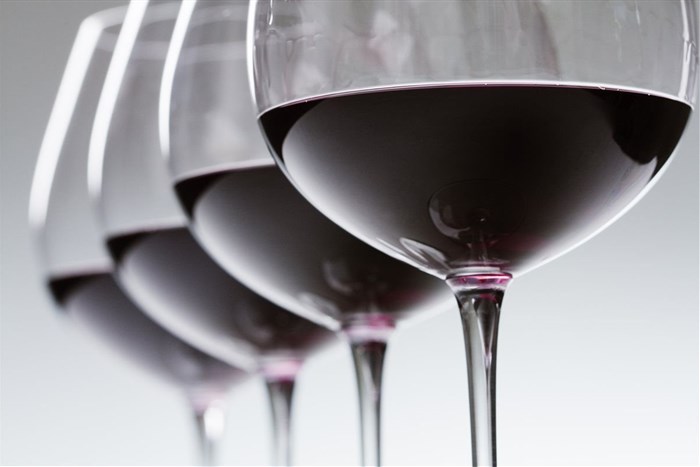During his 2024 Budget Speech, Minister of Finance, Enoch Gondwana announced an excise increase of 7.17% on wine, 7.17% on sparkling wine and 6.67% on brandy. Commenting on the excise hike introduced by the National Treasury, Christo Conradie, stakeholder engagement manager at South Africa Wine, says: "Despite extensive dialogue and submissions from South Africa Wine, the National Treasury has not heeded our plea to keep excise inflationary, thus ignoring the vital role of the wine and brandy industry in the larger economy and its significant contributions to job creation across the value chain, particularly in rural communities, as well as the continued pressure for this industry to remain sustainable."
"In a time when growth and recovery are desperately needed, various crises, including the energy crunch, disruptions at the Port of Cape Town, and increases in input costs, to name but a few, are worsening the financial position the industry is currently in."
South Africa has a large and growing market for illicit alcohol, which provides consumers with access to more affordable alternatives, possibly with more associated harm, says Conradie. "Historical data shows that despite continued above-inflationary excise increases, legal alcohol consumption in South Africa remains relatively flat while the illicit alcohol trade is growing. Excise rates have more than doubled since 2010, even as South Africa’s recorded per capita alcohol consumption has remained relatively static. The big concern, however, is that the illicit share of that market has almost doubled in less than a decade."
Conradie adds that when prices rise faster than incomes, people can afford fewer goods and services. Cheaper goods, including illicit and black-market products, become more tempting. "Without improved law enforcement, more regulations (including higher excise taxes) in the legal market are unlikely to have any impact. Considering the local context is crucial in designing policy regulations.
"We are extremely disappointed that the government did not heed our industry’s plea. South Africa Wine has been in discussions with Treasury over the past few months, where we emphasised the serious position of our industry and requested that inflationary excise taxes be introduced. This, together with other interventions as agreed upon in the Agriculture and Agro-Processing Master Plan (AAMP), can enable the wine and brandy industry to fulfil its important role in the country's economy and our society," concludes Conradie.






























